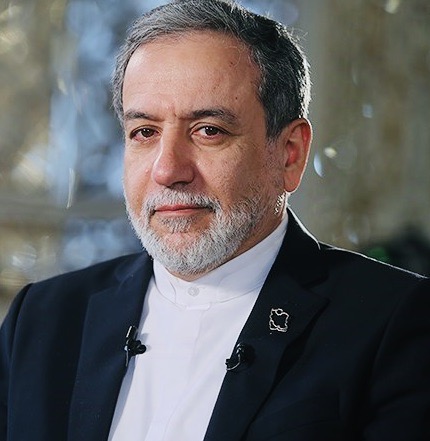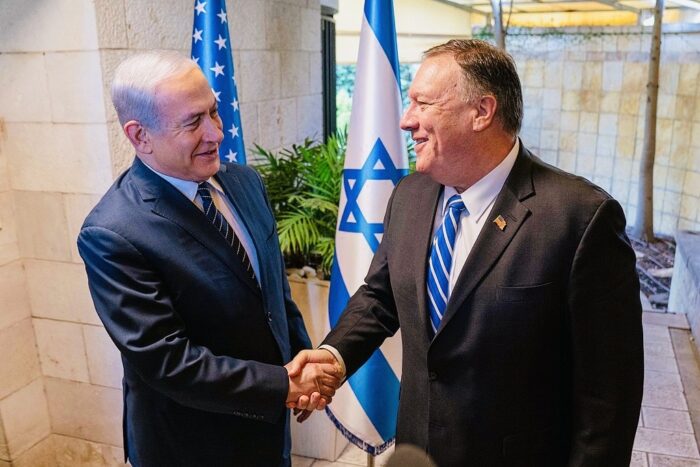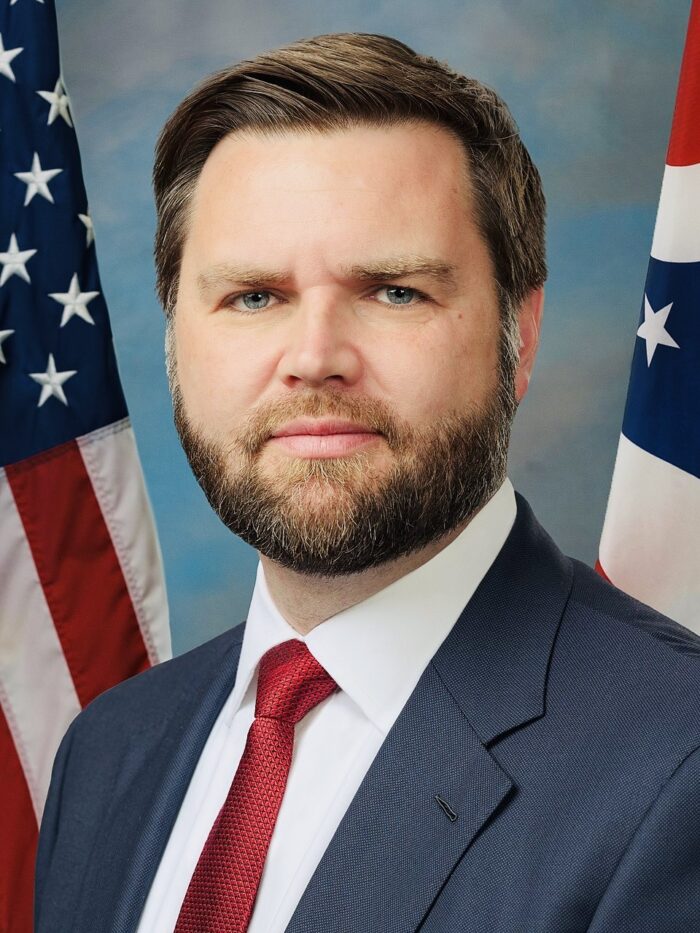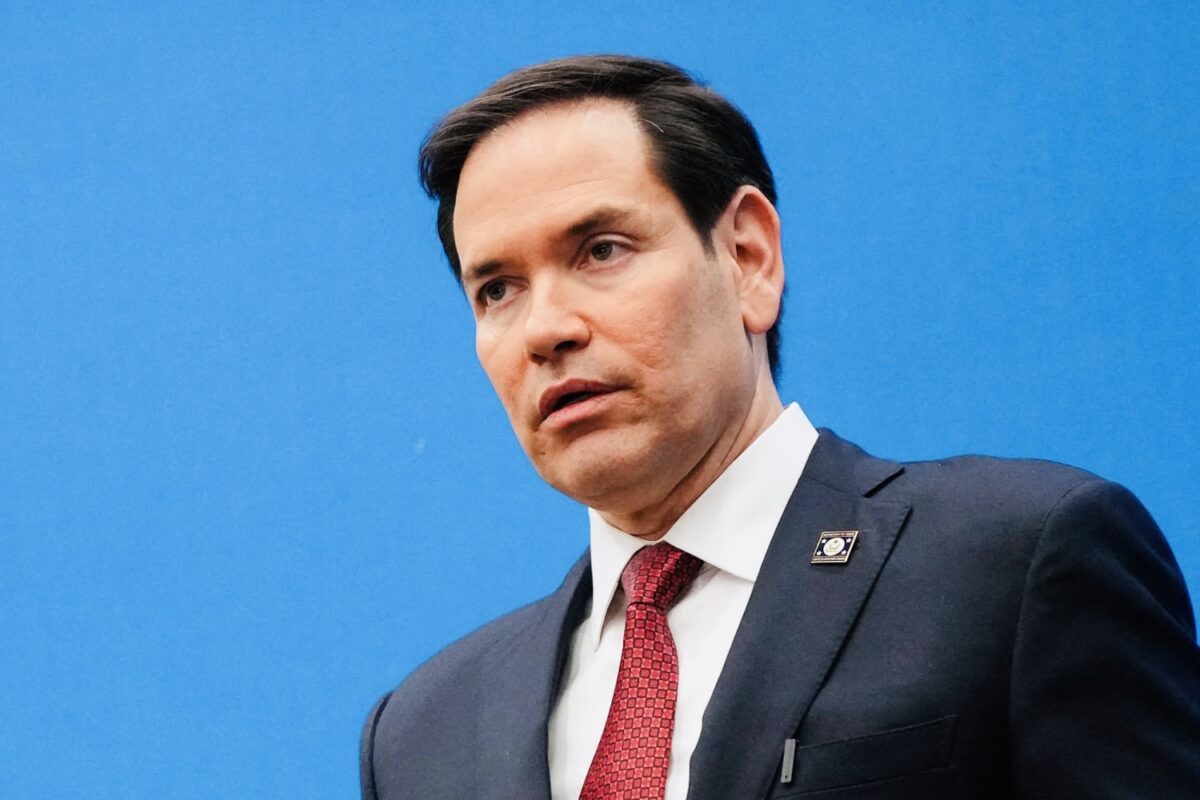After two rounds of mostly indirect talks in Muscat and Rome over Iran’s controversial nuclear program, the United States and Iran have expressed optimism that progress is being made. The “constructive” atmosphere is such that Iranian Foreign Minister Abbas Araghchi sounded upbeat following the last session on April 19.
He told reporters that negotiations were “moving forward” on reaching “a better understanding on a series of principles and goals,” and added that experts from both sides would soon meet for additional technical discussions.

Nonetheless, it is still unclear what U.S. President Donald Trump is prepared what to accept in terms of defanging Iran. Apart from stating that Iran must never be allowed to build a nuclear arsenal, he has warned that Iran could be attacked should the current talks break down. Beyond these bold assertions, Trump has been vague in defining an agreement that would satisfy him.
The uncertainty persists because the Trump administration has been sending out mixed signals.
Steve Witkoff, the chief U.S. negotiator, initially suggested that Iran should be permitted to enrich uranium up to 3.6 percent, the level required to produce fuel for a nuclear power plant, but far beneath the 90 percent level needed to manufacture an atomic bomb. Of late, Iran has enriched uranium up to 60 percent.
Witkoff’s comments stirred indignation and fear in Israel, which has been calling for military action against Iran’s nuclear facilities. As a result, he modified his position, saying that “Iran must eliminate its nuclear enrichment and weaponization program.”
Witkoff’s colleagues, Secretary of State Marco Rubio and Trump’s national security advisor, Michael Waltz, have called for the “full dismantlement” of Iran’s nuclear program so that Iran cannot retain the ability to produce nuclear fuel, period.

Israeli Prime Minister Benjamin Netanyahu shares that view.
Iran claims that its nuclear program is peaceful and that Islam prohibits the production of nuclear weapons. But if these assertions are true, why has Iran enriched uranium up to 6o percent purity?
Clearly, Iran — Israel’s most powerful enemy — has been heading in the direction of weaponizing its nuclear project.
Technically speaking, Iran has become a “threshold state,” capable of producing a nuclear device on short notice. By one estimate, Iran could assemble a nuclear bomb within about a week, a prospect that alarms Israel.
Trump, in his first term, pulled out of the 2015 Iran nuclear agreement, which limited its nuclear program in exchange for a measure of sanctions relief.
Blasting the agreement as disastrous, he complained that it left Iran’s nuclear infrastructure intact and ignored the threat posed by its ballistic missile arsenal and by its Axis of Resistance, an anti-American and anti-Israel alliance composed of, among others, Hezbollah, Hamas and the Houthis of Yemen.
In the wake of the second round in Rome, Araghchi said that the U.S. had not raised any other issue outside of Iran’s nuclear program. “We have told them our negotiations (are) about the nuclear issue, and we will not discuss anything else.”
If this is true, it could leave Trump open to criticism that he is more or less implicitly working to resurrect an accord from which he withdrew.
So the question arises: Will he demand total dismantlement, or will he settle for a virtual resurrection of the 2015 agreement?
Iran fiercely opposes dismantlement, but could live with a modified version of the old agreement. Iranian officials have told their American counterparts that they are willing to keep enrichment levels at 3.6 percent.
Ali Shamkhani, an adviser to Iranian supreme leader Ayatollah Ali Khamenei, wrote on X prior to last week’s talks that Iran would not, like Libya in 2003, relinquish its enrichment program, or agree to using uranium enriched abroad.
It is far too early to draw hard-and-fast conclusions about the direction of U.S. policy with respect to Iran, but eventually Trump will have to come clean with clearly stated aims.
Certainly, the U.S. should try to attain a stronger agreement guaranteeing that Iran will never become a member of the nuclear club.
Mike Pompeo, Trump’s second secretary of state during his first term of office, laid the conditions for an acceptable Iran deal in a recent op-ed piece.

“First, Iran must fully and verifiably dismantle all uranium enrichment sites and destroy all equipment and components connected to enrichment activities. This will require Americans on the ground to do the work and require complete, unqualified access for the International Atomic Energy Agency to any site, anywhere in Iran, unannounced, forever. An important technical component of this destruction is a full account of Iran’s previous nuclear weapons research and development efforts. Iran must commit to never enriching uranium or processing plutonium again.
“Second, Iran must cease financial, military, and political support to its proxy forces around the region and turn over to the United States the senior leadership of al-Qaeda, which lives comfortably in Iran. No deal made with the regime that leaves its terror proxies intact is to be trusted.
“Third, Iran should make peace with its Gulf Arab neighbors and cease threatening them and Israel by dismantling the Islamic Revolutionary Guard Corps external terror network it has built to wreak havoc in the region.”
Pompeo believes that military force should be used in the event that a renewed nuclear agreement does not materialize.
“I agree that this is the alternative,” he wrote. “With Iran at its weakest point since the 1979 storming of the U.S. embassy in Tehran, such an attack could set back the Iranian nuclear program for a significant period. Israel, Gulf allies, Europe, and the United States could carry this attack out in a manner that reduces the risk of a major Iranian response.”
Israel is doubtless eager to destroy Iran’s nuclear facilities. According to a recent report in The New York Times, Israel was ready to strike Iran in May, but was discouraged from doing so by Trump because the Israeli plan would have required the United States to be a central player in the proposed attack.
Trump, too, feared that it would trigger a regional war, a concern raised by Tulsi Gabbard, the director of national intelligence. Her assessment was echoed by Secretary of Defence Pete Hegseth, Vice President J.D. Vance and Trump’s chief of staff, Susie Wiles.

Netanyahu, nevertheless, remains committed to preventing Tehran from obtaining nuclear weapons. “I won’t give up on this, I won’t let up on this, and I won’t withdraw from this — not a millimeter,” he said a couple of days ago.
Netanyahu has been talking about attacking Iran’s nuclear sites since at least 2011. But his threats remain purely theoretical, at least for now.
It would be surprising if he ordered an attack while the United States and Iran are engaged in talks on this issue. Trump is committed to diplomacy to resolve this vexing problem, but he could change his mind if current negotiations fail.
